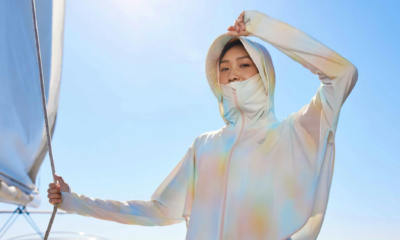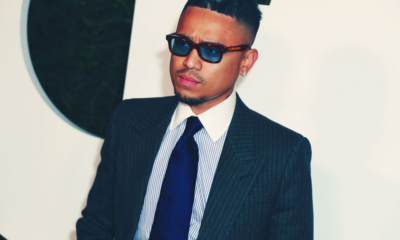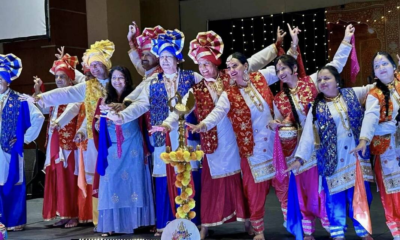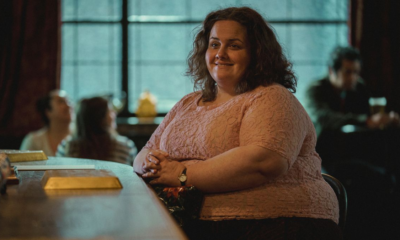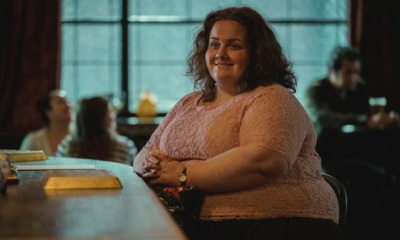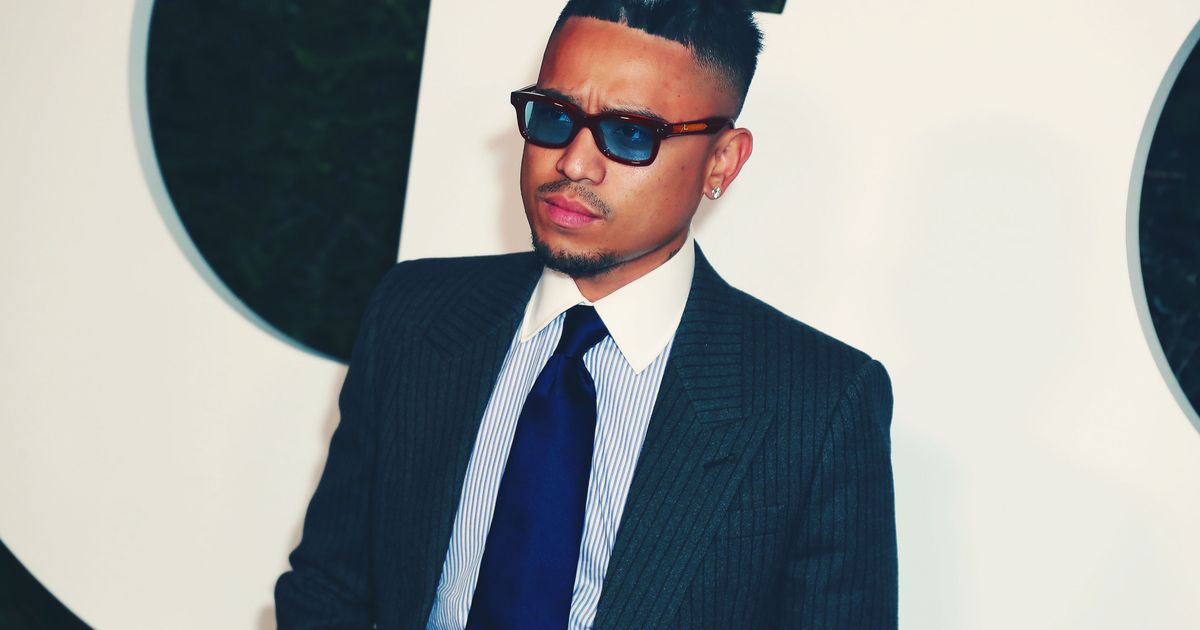Entertainment
The Importance Of Real-Life Women Role Models – Forbes
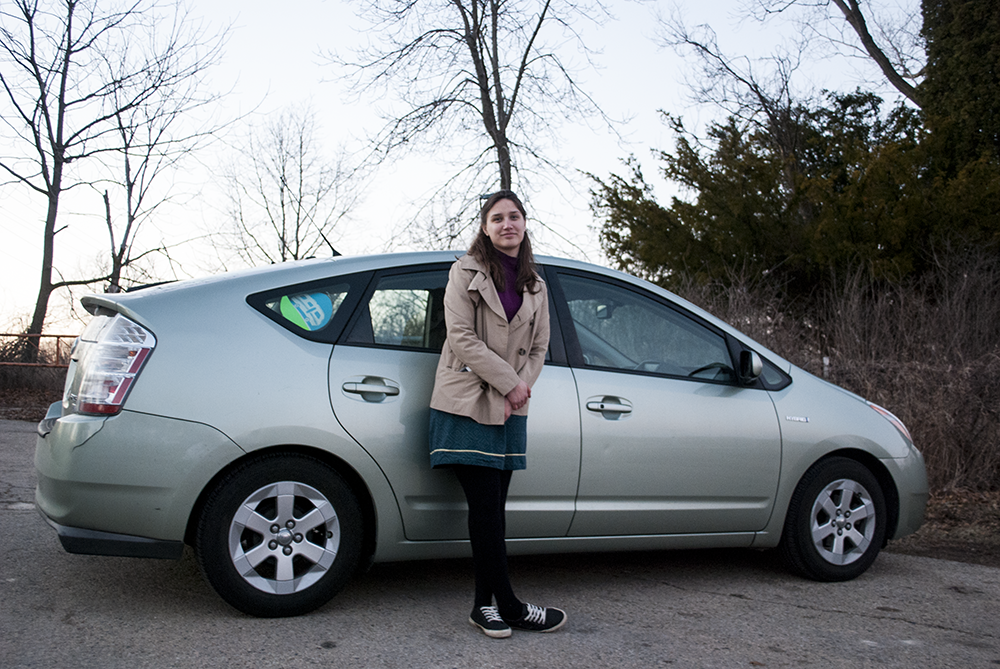
One of my favorite things about being a woman in business is that there’s never a shortage of powerful and successful women to look to as examples. While the number of women in high-up industry positions is lacking, the number of women I meet everyday who are building companies and communities is immense.
I’m not alone in needing role models to remind me of what I can be. Having role models at work is essential for women in all professions. In 2013, a study by The Glass Hammer and Accenture found that: “The vast majority (83.3 percent) of women in tech who said they wanted a C-Suite job also said they had a role model.”
The study concluded that there was a strong correlation between women with role models and women with leadership goals.
Which makes perfect sense. It can be hard to imagine being something you’ve never gotten a good look at. When you meet people doing amazing things in a similar field to yourself, it reminds you that you can get there too.
I’m lucky to be surrounded by role models. I go ‘on tour’ with my media company, Driven Media. That means I’m traveling for months at a time collecting stories around a particular theme in a particular region.
A big part of my job is turning conversations with those women into stories that we publish on our website. And my favorite perk of the job is that I get to constantly learn from amazing women and use their life lessons to make my company and myself better.))
Recently, I was in Chicago in a meeting with a sister duo who moved from Poland a year ago to open a bakery, The Heart of Europe Cafe, in the U.S. At one point one of the sisters was talking about the challenging parts of opening their shop and she looked at me and said, “Well you know what it’s like.”
And when she said that, a massive smile broke out on my face. I was honored that she recognized my work with my media startup as similar to her journey. I felt the camaraderie and before I even realized it, our conversation had changed from journalism interview to two entrepreneurs sharing marketing tips.
I learned that last summer, while we were building Driven Media through hard work and a feverish refusal to quit, two sisters outside of Chicago were drywalling their own bakery all by themselves in a country they’d just moved to.
The sisters told me that the best way to keep people interested in your company is to produce consistently good products (pastries and stories alike) and to always greet them with a smile and conversation.
They agreed that we all feel really good when we introduce ourselves as a businesswoman and and also wonder if we’re not a fraud for admitting how difficult the work is.
It actually makes our businesses better when we share war stories and successes with other women who are out here trying to make it.
And I’m lucky to have a job that constantly puts me in situations where I get to interview inspiring women about their lives, successes and failures.
At Driven, one of our favorite interview questions is, “What advice would you give to a young woman who wants to be in your field/career/lifestyle?”
I suggest you ask the women in your life for advice about their field of work. Or reach out to someone new and learn from them. You never know who you’re talking to and you never know what you can learn from them unless you ask. In my experience, women are more than willing to open their hearts and lives to help other women succeed.
Entertainment
Beyond sunscreen: How sun protection became a global lifestyle – Jing Daily
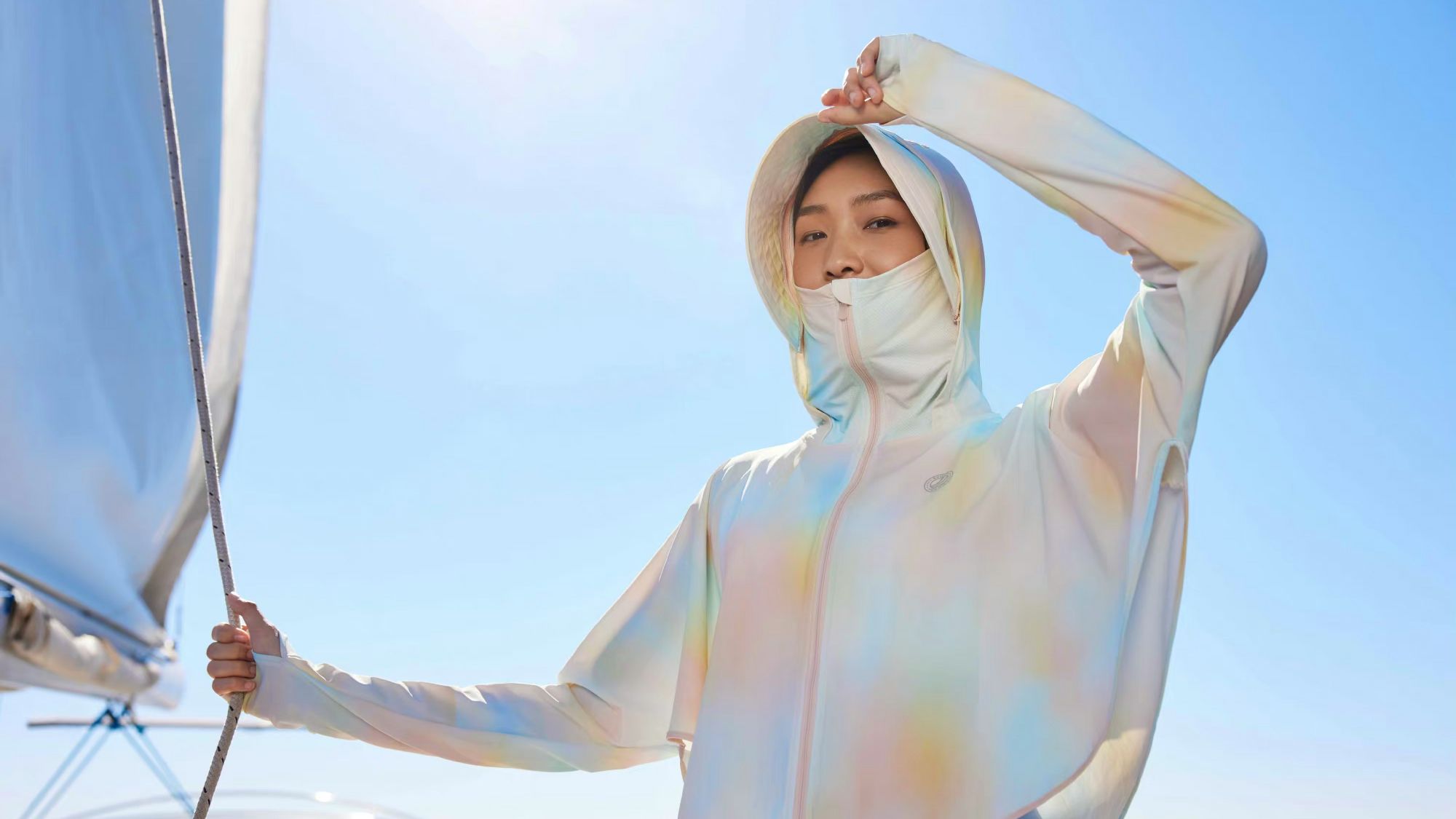
When Charlotte Chen Pienaar came to New York University for college in the early 2000s, she encountered an entirely different beauty culture from that of her native Hong Kong.
“My era was Paris Hilton. They were all baked to the core back then,” says Chen Pienaar, founder of sunscreen brand Everyday Humans. “I was like, ‘Oh my god, the Western standard of beauty is so different. Everybody thinks healthy is a tan.’”
But 20 years later, beauty standards — and subsequently, the beauty industry — have changed. Western consumers have largely eschewed the tanning beds popular at the turn of the millennium and instead are adopting some of the sun protection habits that have been commonplace in Asia for years. In the past few years, sunscreens have become a staple product in Western beauty brands, with the likes of Supergoop and Chen Pienaar’s Everyday Humans building their entire brand around SPF products.
“Patients are passionate about sun protection,” says Dr. David Kim, a New York-based dermatologist who recently launched his own sunscreen, Lightsaver. “More people are using sunscreen regularly and it's become a part of many people's daily skincare routine. Once they find their favorite sunscreen, they stick with it and use it every single day, even in the dead of winter.”
The increased interest in sunscreen follows a greater interest in skincare as a whole among Western consumers, inspired by the intensive skincare routines and anti-aging measures of markets like Korea and China. But among global consumers, sun protection isn’t just about sunscreen anymore — it’s a whole lifestyle unto itself.
That’s opened the door to a bevy of products outside of traditional sunscreen. According to trend forecaster Spate, views of hashtags associated with UV detection stickers have grown 71.8 percent from last month TikTok across the globe. Non-traditional SPF formats are also up, with searches for sunscreen sprays up 20 percent among US consumers over the past year according to Spate. Outlets like the New York Times and New York magazine are recommending UV masks, beach umbrellas, and beekeeper-like hats to protect against the sun.
Already attuned to using sunscreen regularly and on board with full-face protection like facekinis, Chinese consumers are ramping up their sun protection measures as well. The UV protective clothing market is expected to grow to 13.3 billion (95.8 billion RMB) in China by 2026, according to data from Zhuoshi Consulting.
Chinese fashion brand Bosideng, known primarily for its down jackets, has launched sun protective gear while Chinese outdoor apparel brand Beneunder has expanded from sun protective umbrellas to hats, gloves, masks, arm sleeves and more.
In April of this year, Taobao and Tmall teamed up with the sporting goods platform ISPO to create the "Hexagonal Standard for Sun Protection Clothing," which outlines six dimensions to consider when purchasing UV protective apparel.
Chen Pienaar, the founder of Everyday Humans, attributes the rise in awareness around sun protection to influencers. “The skinfluencers are now during the get ready with me routines showing that sunscreen is a non-negotiable step.”
That includes the likes of Charlotte Palermino, founder of Dieux skincare, who has developed a following on Instagram and TikTok for her in-depth explanations of skincare, such as educating viewers on the differences in sunscreen products across the globe.
Earlier this month, skincare influencer @uglyduckingskincare posted an Instagram reel showing herself hiding under an umbrella while other beachgoers sunbathed during a vacation along the French Riviera.
The influence goes across the globe, too. Chinese influencer I am Xiangxiu, who boasts 6.7 million followers on Douyin, doesn’t just wear sun protection while out during the day; she even goes to bed in a sun protective mask.
Instagram user @drcandise.lin, who speaks about the particularities of Chinese culture to an English-speaking audience, poked fun at the differences between Chinese and Western approaches to sun protection in a recent reel. “The hottest item this summer is the sun protection robe,” she said.
But though there are clear health benefits to sunscreen use and UV protective products, some see the rising obsession with sunscreen as having potential negative impacts on mental health.
“Are you 23 years old and already looking haggard and old? Well then, you need to put on your sunscreen,” TikToker @therapybytracy stated in a video parodying the platform’s recent obsession with the aging filter.
“Sun damage is on my mind pretty much constantly whenever I'm outside or somewhat exposed to sunlight … How do people who actively participate in these skincare communities all day not just go insane?” wrote a Reddit user on the skincare subreddit r/scacjdiscussion.
In Asia, the heavy use of sunscreen and sun protective accessories isn’t just about protecting skin but also a result of colorism and veneration of pale skin, which has led to the use of dangerous skin lightening products. That said, younger generations in China are taking an interest in beachy, suntanned styles popular in the US despite it being somewhat of a subversive beauty choice.
Western brands too have become more inclusive of consumers with darker skin tones, who often struggle to find sunscreens that don’t leave a white cast. Tennis star Naomi Osaka launched her Kinlò skincare brand in 2022 centered around a sunscreen tailored to deeper skin tones, while skincare brand Koa includes a range of skin tones in its sunscreen lineup.
While more fashionable rash guards from brands like Cynthia Rowley have helped normalize sun protection for Western consumers, Chen Pienaar feels the head-to-toe UV protective gear espoused by Chinese influencers might be a bridge too far for some.
“It's a very uncool and very dorky thing,” she says. “I’m Asian, I can say Asians are a little dorkier I suppose. We're okay with looking uncool for good reason. I think in the US, it’s more like wow, this is weird.”
But perhaps that’s an opportunity for more fashion brands to step in and seize the market. Chen Pienaar notes that previously “dorky” brands like Patagonia have become a fashion statement thanks to the gorpcore movement — whose to say fashion brands can’t turn sun protective gear into a fashionable look as well?
“There's no ‘one look’ anymore,” she adds. “There are many looks because there's micro influencers and you can be in this core, that core, Barbiecore, cottagecore, whatever core the hell you want.”
Additional reporting by Huiyan Chen
Entertainment
Expert tips on how to start shopping at thrift stores – The Washington Post
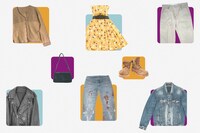
Everyone is thrifting: the “it” girls, the influencers, and your chic younger cousin. #Thrift on TikTok has 11.1 billion views, with posts of vintage color-blocked racer jackets, anything Y2K, and perfectly imperfect cowboy boots.
Even if you’re not a card-carrying member of the TikTok generation, the benefits of secondhand shopping are clear: It alleviates your impact on the planet, helps cultivate a unique aesthetic and saves money. But getting started can feel overwhelming. I talked to experts, including secondhand-shop owners, TikTok stars and bloggers, to get their tips for first-time thrifters.
Entertainment
Suit Claims Rhude Designer Used Company Funds for Lifestyle – The Cut
-

 General Knowledge2 years ago
General Knowledge2 years agoList of Indian States and Capital
-

 General Knowledge2 years ago
General Knowledge2 years agoList Of 400 Famous Books and Authors
-
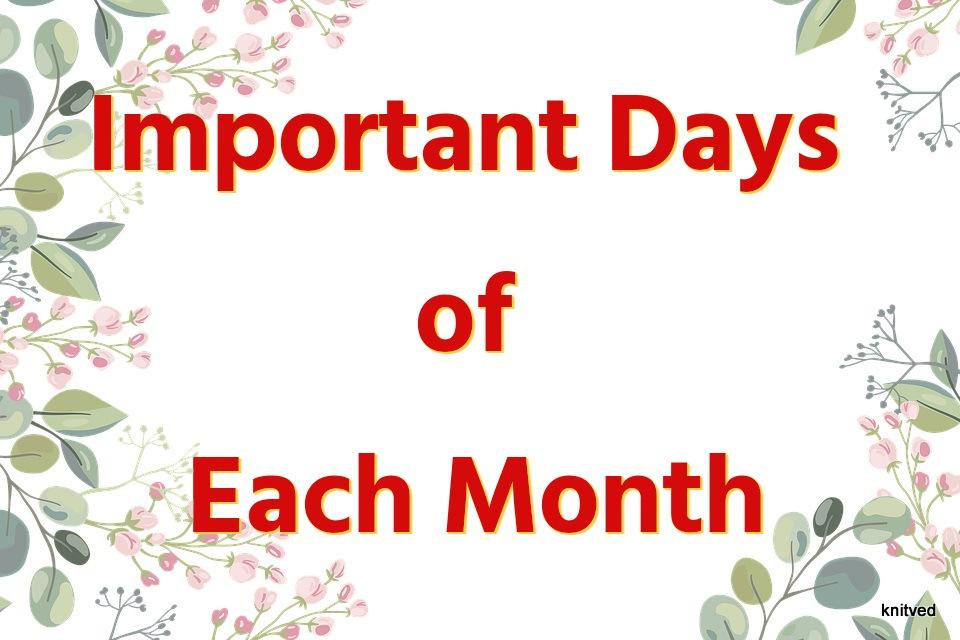
 Important Days4 years ago
Important Days4 years agoImportant Days of Each Month
-
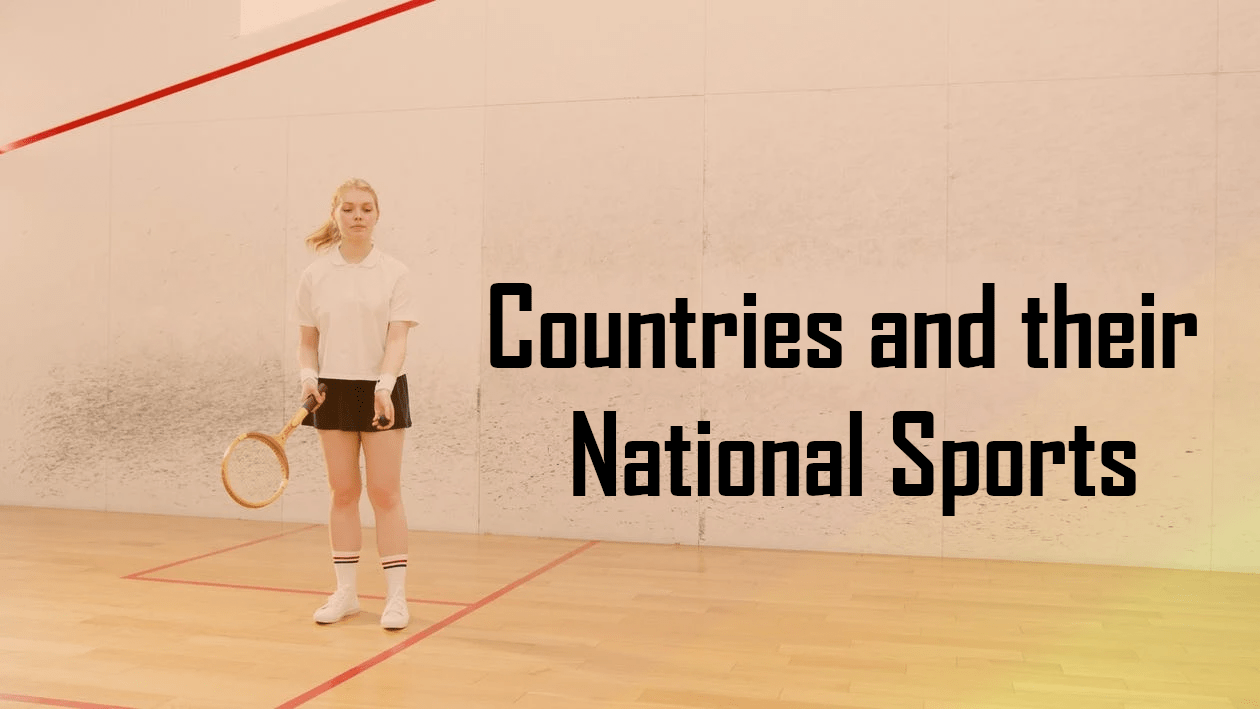
 General Knowledge2 years ago
General Knowledge2 years agoCountries and their National Sports
-
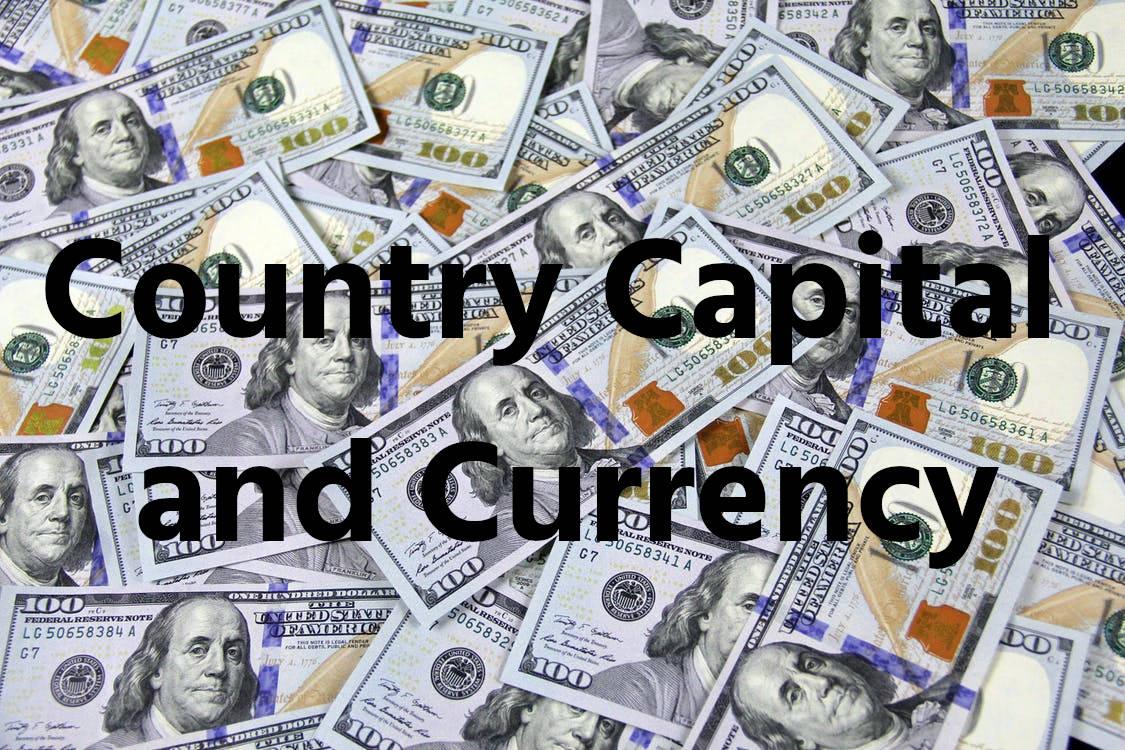
 General Knowledge3 years ago
General Knowledge3 years agoCountry Capital and Currency
-

 Important Days3 years ago
Important Days3 years agoHoli
-

 General Knowledge2 years ago
General Knowledge2 years agoList of Indian President
-
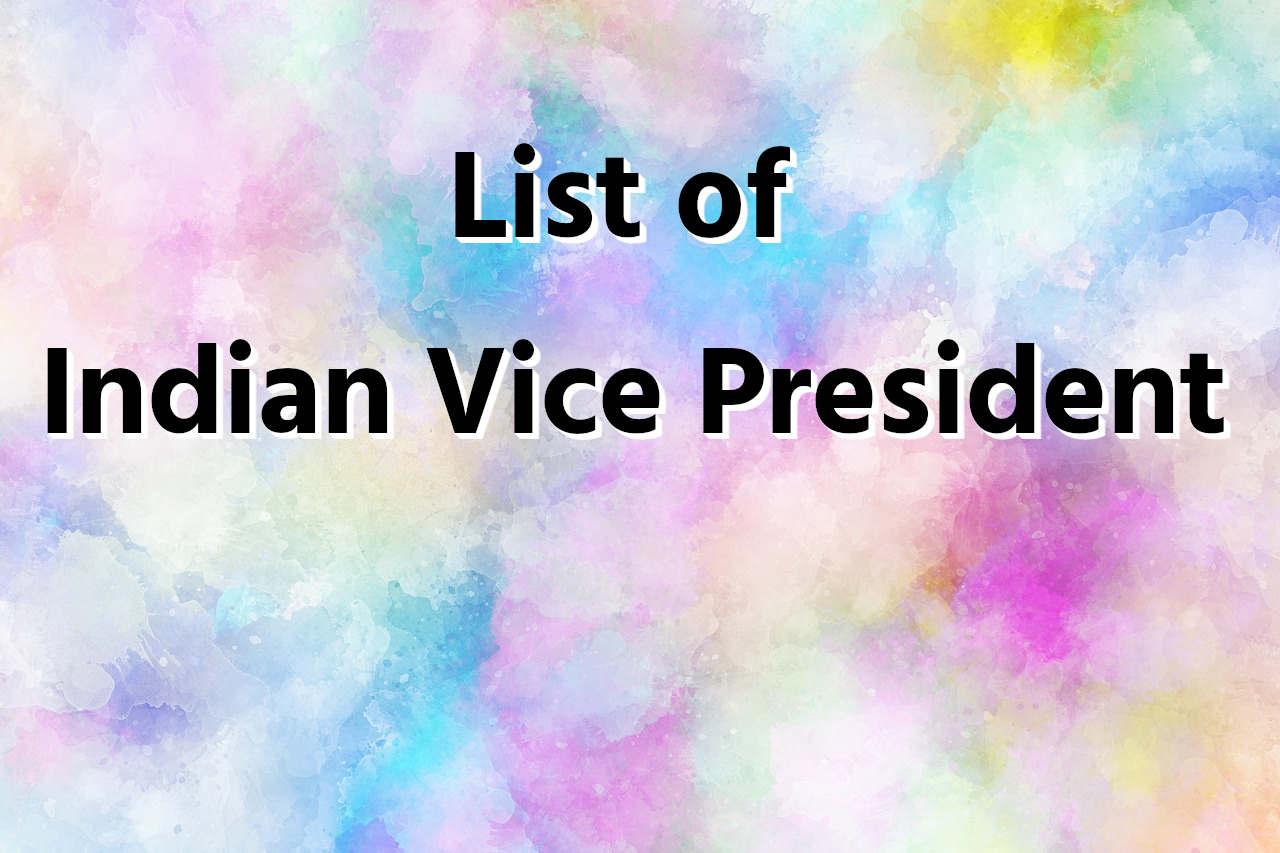
 General Knowledge2 years ago
General Knowledge2 years agoList of Indian Vice President


